frequently asked questions (faqs) for conference grants ======================================================= (updated june 13, 2008)
Frequently Asked Questions (FAQs) for Conference Grants
=======================================================
(Updated June 13, 2008)
1.
What is a scientific meeting that is eligible for a conference
grant award or a conference cooperative agreement award?
A scientific meeting is defined as a gathering, symposium, seminar,
conference, workshop or any other organized, formal meeting where
persons assemble to coordinate, exchange, and disseminate information
or to explore or clarify a defined subject, problem, or area of
knowledge. These activities must be relevant to the scientific mission
of an NIH Institute or Center and to the public health and are funded
under the R13 (grant) and U13 (cooperative agreement) mechanisms.
2.
How can I determine if NIH is interested in providing funds for my
conference or meeting?
First check with the conference grant coordinator on the Conference
Grant Contact List,
http://grants1.nih.gov/grants/funding/r13/index.htm). Then speak with
the individual associated with the science in the area for your
proposed conference or meeting. A list of NIH areas of interest by IC
is provided on the above website.
3.
Do I have to let someone know that I wish to apply for a
conference grant?
Yes, advance permission is required. A point of contact is provided
for each NIH Institute/Center. Your application will not be accepted
without the approval of at least one funding/awarding unit at NIH.
Acceptance of the application is the prerogative of NIH and does not
guarantee funding. A link to the contact list is provided above.
4.
What do I do if a particular NIH funding component will not accept
my application?
The Institute/Center Conference Grant Contact may refer you to a more
appropriate Institute/Center. NIH staff may provide suggestions for
alternate sources of funds. Look at other Institute/Center mission
statements and priority areas.
5.
If an NIH funding component will not accept my application and I
submit it anyway, what will normally happen?
The application will not be reviewed.
6.
Are there budget restrictions?
Each Institute/Center has programmatic guidelines. It is important to
review the information on the Conference Grant Website
http://grants1.nih.gov/grants/funding/r13/index.htm.
7.
Are conference grants included in Just-in-Time and Modular grant
application guidelines?
No. These guidelines do not apply to conference grants due to the
small size of the grants and the expedited time schedule for receipt,
review, and funding decision. The initial application should be
complete.
8.
What are the eligibility criteria?
Domestic organizations eligible to receive grants from NIH, including
scientific or professional societies, are eligible to apply for
conference grants. Both domestic and international conferences may be
supported; however, an international conference can be supported only
through the U.S. representative organization of an established
international scientific or professional society. For example, an
international conference outside of the U.S. can be supported only if
the applicant organization is domestic (professional society or
university).
9.
How will my application be evaluated?
Each Institute/Center has a process in place. The Program Announcement
http://grants.nih.gov/grants/guide/pa-files/PA-08-149.html gives the
review criteria. Each applicant will receive a written critique.
10.
What is the length of the process?
Generally, the process will take approximately 6 – 9 months from the
application receipt date. The application must be received, reviewed
and awarded prior to the beginning of the meeting.
11.
Are there special receipt dates?
Yes. The special receipt dates are: April 12, and August 12, December
12. Advance permission to submit an application must be obtained.
Applicants should contact NIH staff at least six weeks before
submitting the application.
http://grants1.nih.gov/grants/funding/submissionschedule.htm.
12.
Is it possible to request multiple-year funding of a recurring
conference?
Yes, some Institutes/Centers provide multi-year funding. Discuss this
with the Institute/Center Conference Grant Contact as advance
permission to submit an application is required.
13.
If foreign travel is involved, can the attendees use any airline?
No, an American flag carrier must be used if available.
14.
What is the difference between an R13 and a U13 Conference Grant?
An R13 is awarded to support an investigator-initiated conference
grant. A U13 is a cooperative agreement award mechanism in which the
Principal Investigator retains the primary responsibility and dominant
role for planning, directing, and executing the proposed project, with
NIH staff being substantially involved as a partner with the Principal
Investigator. The Institute/Center Conference Grant Contact or program
staff should be contacted for further discussion.
15.
Can NIH-funded researchers use funds from their research grants to
attend scientific meetings?
Yes. Attendance at conferences relevant to the scientific goals of a
research project is an allowable cost.
16.
What is the level of support NIH can provide?
Institutes/Centers have specific guidelines and some have minimum and
maximum amounts they provide for conference grants. This should be
discussed prior to application and may be linked to the Conference
Grant Website. NIH does not normally support the entire cost of a
conference.
17.
If my grant is funded, which budget categories are not allowable
for a conference grant?
Purchase of equipment; transportation costs exceeding coach class
fares; visas; passports; entertainment; tips; bar charges; personal
telephone calls; laundry charges; organization dues; honoraria or
other payments for the purpose of conferring distinction or
communicating respect, esteem or admiration; patient care; alterations
or renovations; facilities and administrative costs.
18.
If my grant is funded, what reports are required and when are they
due?
For single-year conferences, two copies of a final report of the
conference must be submitted to the awarding Institute/Center within
90 days after the end of the project period. The report should include
(a) the grant number, (b) the title, date and place of the meeting,
(c) the name of the person shown on the application as the conference
director, principal investigator, or program director, (d) the name of
the organization that conducted the meeting, (e) a list of the
individuals, and their institutional affiliations, who participated as
speakers or discussants in the formally planned sessions of the
meeting, and (f) a summary of topics discussed/conclusions.
Multiple-year awards require an annual progress report that contains a
description of specific plans for the next award period, in similar
detail and format as for single meetings. These are required two
months before the end of the budget period. Again, the final progress
report should be submitted within 90 days after the final budget
period.
Copies of proceedings or publications resulting from the meeting,
including items (a) through (f) listed above, may be substituted for
the annual and final progress report, with approval of the awarding
Institute/Center.
Additional information on support of conferences is available in
Subpart B of the NIH Grants Policy Statement, located at
http://grants1.nih.gov/grants/policy/nihgps_2001/part_iib_6.htm#_Toc504812156
19.
What types of travel can be supported on conference grants?
Conference grant applications should clearly express who will be
provided travel funds from the grant. Individual Institutes/Centers
may have specific instructions as well.
Additional information on support of conferences is available in
Subpart B of the NIH Grants Policy Statement, located at
http://grants1.nih.gov/grants/policy/nihgps_2001/part_iib_6.htm#_Toc504812156
20. Can the individuals listed under Intramural Programs or NIH
Offices provide an acceptance letter for a conference grant
submission.
Only those IC contacts listed under "Extramural Programs - Institutes
and Centers" can provide this acceptance. OD offices will not be
permitted to approve receipt of conference grant applications. If an
OD office wants to sponsor a particular conference, the OD office will
need to identify an IC to review/administer the application/grant. The
approval to receive the conference grant application will come from
the reviewing/administering IC.
21. Now that advance permission to submit an application is required,
what criteria will NIH use to determine whether or not to accept an
application for a conference grant?
Each IC will have systems in place to determine their interest in
receiving a conference grant. The Conference Grant Contact listed on
the Conference Grant Webpage will be the individual who will solicit
this information from staff. Basically, the Institute or Center will
be interested in a conference grant application that fulfills some
facet of their mission and will advance a specific field of research
or health issue. Applicants should be prepared to discuss the focus
and goals of the conference, the key speakers, and other participants.
In addition, the applicant should be prepared to discuss budget
matters (including consideration of whether the proposed meeting will
be a one time event or a recurring event) and possibly give
recommendations as to other Institutes/Centers or OD Offices that may
be interested in providing funds for the conference or scientific
meeting.
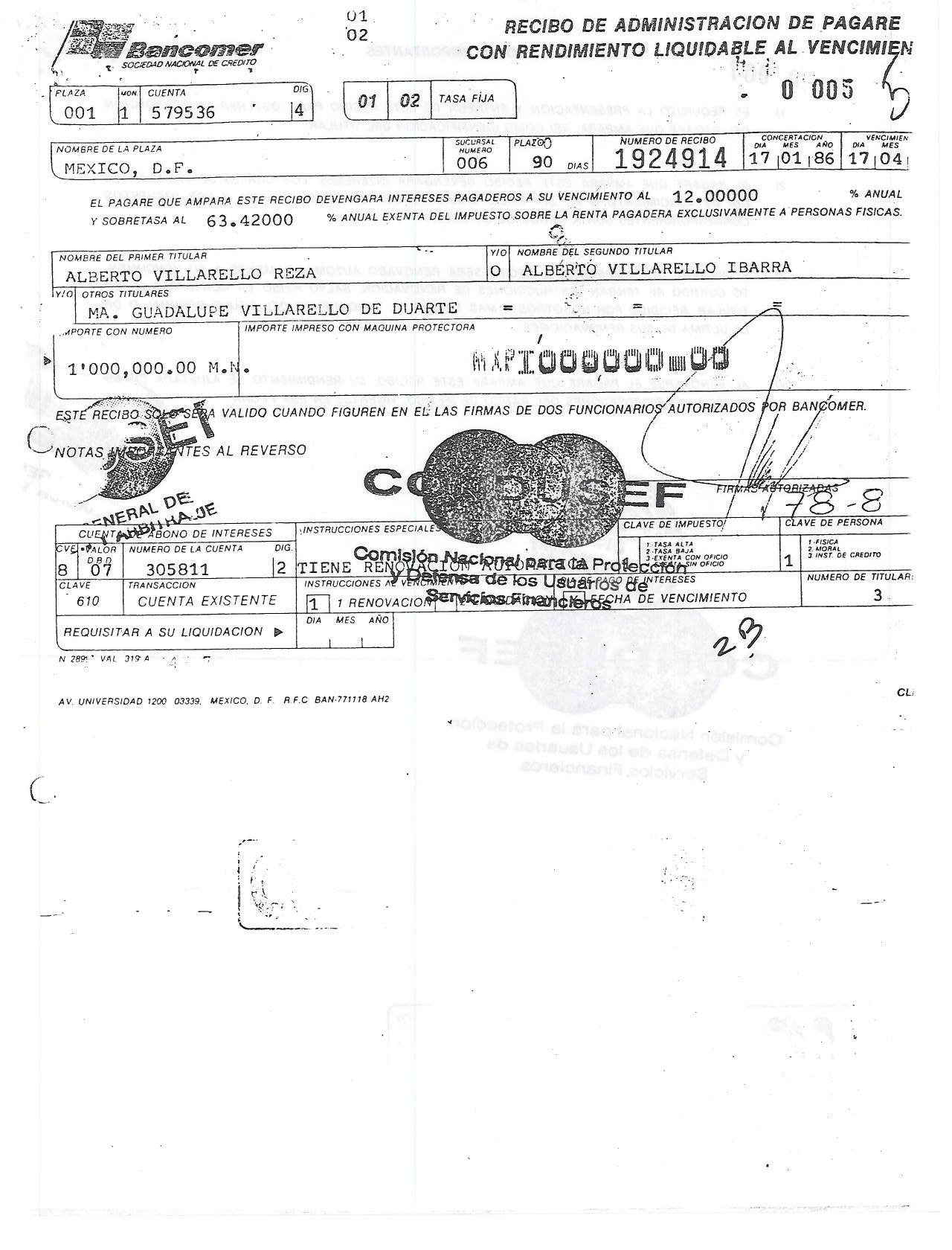 VOTO CONCURRENTE QUE FORMULA EL SEÑOR MINISTRO JOSÉ FERNANDO
VOTO CONCURRENTE QUE FORMULA EL SEÑOR MINISTRO JOSÉ FERNANDO UNIVERSITAS MUHAMMADIYAH SURAKARTA FAKULTAS KOMUNIKASI DAN INFORMATIKA PROGRAM STUDI
UNIVERSITAS MUHAMMADIYAH SURAKARTA FAKULTAS KOMUNIKASI DAN INFORMATIKA PROGRAM STUDI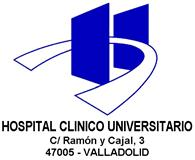 ACTUALIZACION EN NUTRICION CLINICA Y DIETOTERAPIA 20ª EDICIÓN
ACTUALIZACION EN NUTRICION CLINICA Y DIETOTERAPIA 20ª EDICIÓN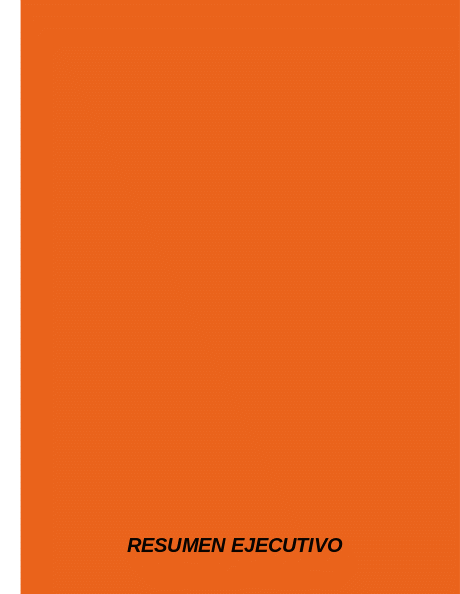 ECONOMÍA DE LA SALUD ECONOMÍA DE LA SALUD ES
ECONOMÍA DE LA SALUD ECONOMÍA DE LA SALUD ES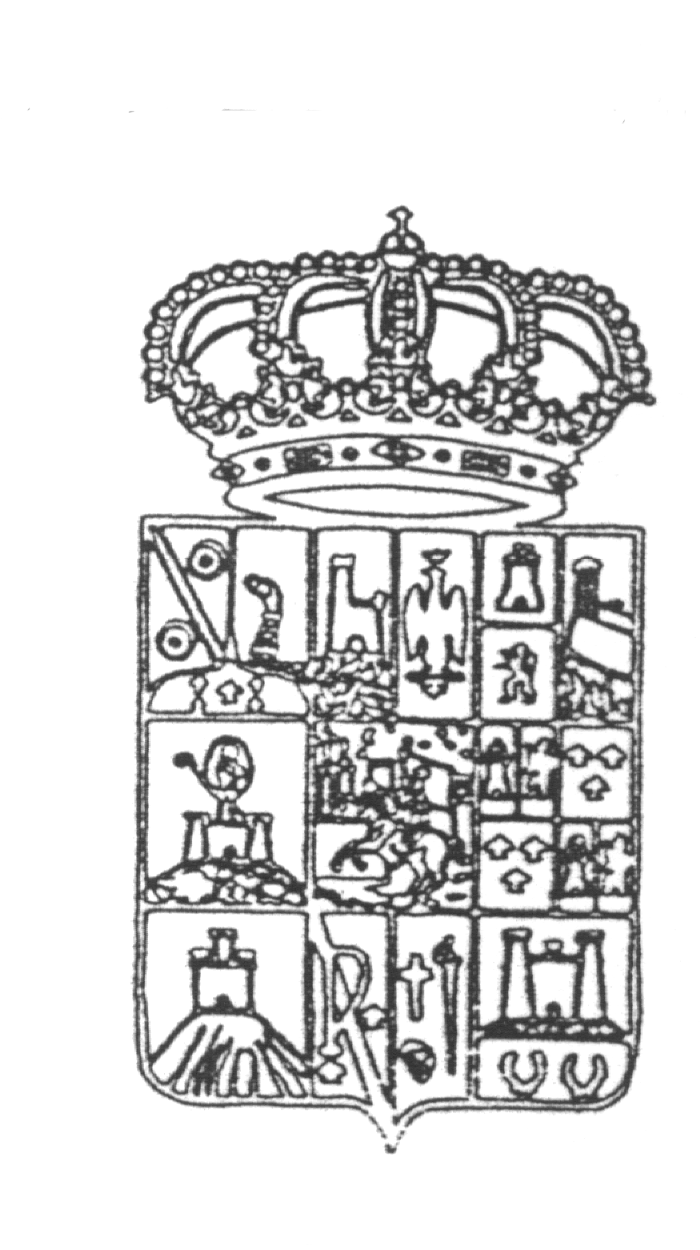 EXCMA DIPUTACION PROVINCIAL GUADALAJARA CENTROS COMARCALES MANTENIMIENTO Y
EXCMA DIPUTACION PROVINCIAL GUADALAJARA CENTROS COMARCALES MANTENIMIENTO Y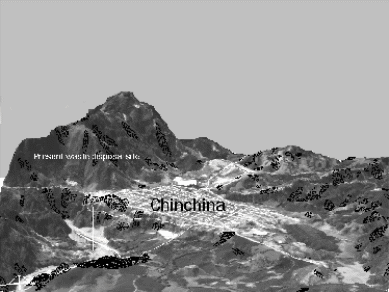 CENTRO DE LEVANTAMIENTO AEROESPACIALES Y APLICACIONES SIG PARA EL
CENTRO DE LEVANTAMIENTO AEROESPACIALES Y APLICACIONES SIG PARA EL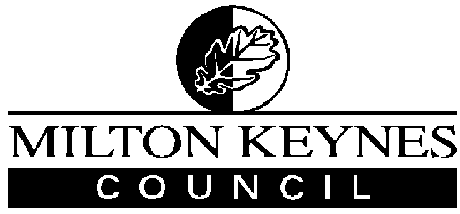 LA M I L T O N K E
LA M I L T O N K E TRAFIK BYGGE OG BYGGESTYRELSEN CARSTEN NIEBUHRS GADE 43 1577
TRAFIK BYGGE OG BYGGESTYRELSEN CARSTEN NIEBUHRS GADE 43 1577